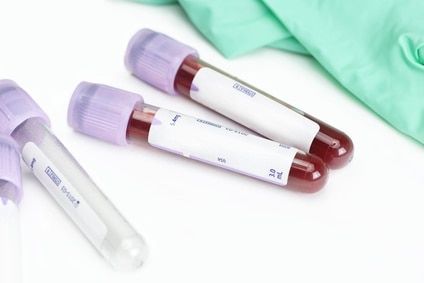In 2012, 12-year-old Rory Staunton accidentally cut his arm while diving for a ball during gym. The teacher did not clean the cut, but applied two band aids and sent him on his way. That night Rory complained of leg pain and by morning had a fever of 104. While his parents explained their worries to his pediatrician, she dismissed the concern and said he had a stomach virus, but that they should take him to a hospital for rehydration.
At a major New York hospital, Rory was diagnosed with a stomach bug and given IV fluids along with a blood draw before sending him home. The next day, Rory was worse and his parents took him back to the hospital where he was placed in the ICU in septic shock and died shortly thereafter.
Gaps in treatment, from the pediatrician to the hospital, ensured Rory could not get proper treatment in time to save his life. The blood test at the hospital was read within the hour and flagged, but the discharging physician did not check the results before sending Rory home.
Since then, New York State has initiated “Rory’s Regulations,” which provide strict guidelines for testing and treatment for potential sepsis. Implementation has resulted in faster treatment and a decline, from 30.2 percent to 25.4 percent, of those who die from sepsis in the hospital.
Sepsis is a potentially fatal condition where the body mounts an overwhelming inflammatory immune response against a microbial invader. The body mistakenly attacks itself along with the virus or bacteria. The attack is so powerful that it damages and shuts down internal organs and the patient quickly dies.
Sepsis is fast and lethal. It is a factor in approximately half of all hospital deaths. Most people do not recognize the signs or symptoms of sepsis. That is understandable because it has no single symptom or marker to tell parents or an adult that a patient is really, really sick.
If You Think It Could Be Sepsis—Say So
More than 1.5 million people suffer sepsis each year, and about 250,000 die.
Sepsis is unforgiving and its cumulative symptoms can be missed by healthcare providers. Sepsis usually afflicts people who are already suffering with an infection. Ailments often associated with sepsis include lung, stomach, skin, and kidney infections. These infections can be caused by bacteria, like Escherichia coli (E. Coli) and Streptococcus, or by viruses such as influenza.
The very old, very young, and those who are immune-compromised are at increased risk of sepsis, but it strikes healthy people as well. The generally healthy patient with symptoms of sepsis may take it less seriously, believing it to be a case of food poisoning that will pass by.
The general symptoms of sepsis include:
- Feeling terrible and fearing you are going to die
- Confusion, disorientation
- Feeling hot
- Feeling cold
- Shivering
- Racing heart
- Sweaty, clammy skin
- Change in appetite
- A sudden bad turn of health
- Change in voiding pattern
If you believe that you could have sepsis, or that a loved one might—it is a medical emergency. Ask the physician or nurse right away whether this could be sepsis. The same thing goes if you had surgery and suddenly start feeling worse or if you have a lingering infection that will not resolve. You lose nothing by asking—but you potentially lose everything if you do not.
Highly Qualified Medical Malpractice Lawyers Serving Maryland and Washington, DC
With more than three decades of successful experience recovering compensation for those injured by. medical negligence, Schochor, Staton, Goldberg, and Cardea, P.A. protects and pursues your right to compensation. Call 410-234-1000 or contact us to set up a free appointment to discuss your case.

